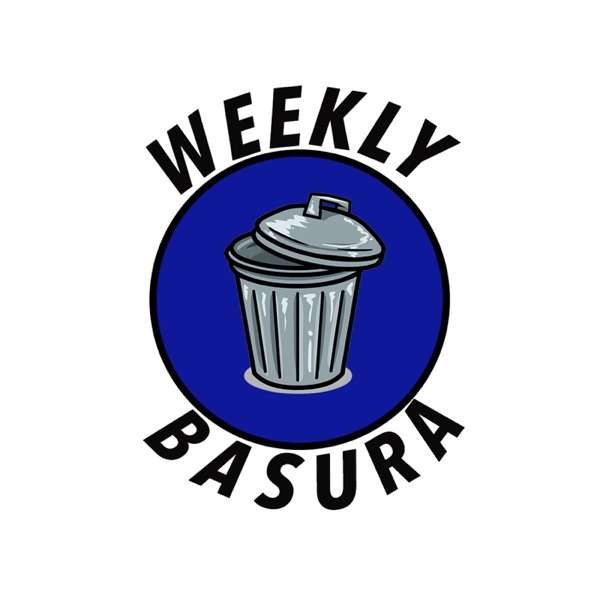Episode Summary
In this week’s episode on React Native Radio, Charles Max Wood (Chuck) shares some of his thoughts and advice for keeping current. He has started a keeping current email course through DevChat.TV and describes what lessons will be taught in this course. He encourages everyone to subscribe to the email course.
This idea of keeping current is something Chuck has been thinking about for a while. He gives an intro to the subject, explaining the frustration programmers feel after the reach a level of knowledge in the developer community. They ask themselves what do I learn next? What should I be studying to stay current? Chuck counters that question with why.
Why stay current? Chuck wants those who struggle with this to find their motivation behind staying current. He explains that if you are going to spend all this time to level up yourself you should have a goal to reach for. A common answer Chuck hears in response to this question is job mobility. Chuck shares some of his early motivations in staying current. It was partly wanting to stay competitive in the job market. Another part was wanting to sound smart. The last part was loving what he did and just wanting to learn more.
Chuck gives advice for finding a job that you really want. He tell listeners to buckle down and really dive into the technologies at your current job so when you do go looking for a new one they know they can expect you to learn their technologies whether you know them or not. Another suggestion he gives is to find the company you want to work for and learn the technologies they are using. Your initiative and drive will impress them.
Learning a skill for job mobility is okay but if you learn with a specific goal in mind the job mobility will come with it. Companies today hire based more on aptitude and compatibility than if you know the specific technologies they use.
So Chuck's first bit of advice for staying current is to sit down and think of where you want to end up. Do you want to be a speaker, team lead, company engineer, blogger, podcaster or something else? He also tells listeners not to be afraid to change their end goal. Chuck explains that knowing why you want to stay current will help you know what to learn. Learning the technology a company uses is one example.
If your goal is to speak at conferences, you might want to learn what topics are in demand, how to submit a good conference proposal, learn what people want to hear or what it takes to become a keynote speaker. If your goal is to become a blogger you will need to learn how to do SEO. If you want to become the software architect for your company you may need to improve your code organizational skills.
The next question Chuck addresses is “how?”. Chuck recommends everyone get a plan. Some organizations like toastmasters have a plan already laid out. For those interested in blogging there is 31 Days to Building a Better Blog, a book that outlines step by step how to build a good blog. Courses and books can outline your plan, and if you can’t find one, write your own.
When writing your own plan Chuck recommends finding someone who is doing what you want to do and ask them to list what you need to learn to do that thing. After that, you need to sit down and write out what and how you are going to learn.
As Chuck has mentioned do not be afraid to change your goal. Chuck shares a time in college when he decided he wanted to go into patent law. He quit his IT job and took an internship. He hated it and within a few months had switched back to computers. So don’t be afraid to scrap your plan and do what will make you happiest.
Now for the actual learning, Chuck explains that there are so many ways to learn podcasts, videos, blogs, books, and courses. He describes how he learns best and advises listeners to find out how they learn. If you know what works best for you, you can design your plan to fit your learning style. Chuck encourages listeners to try a bit of everything. He shares how his attitude toward books changed as he put their concepts into action and all because he tried everything. Also, something types are learning for conceptual learning while others are more suited for practical learning.
Chuck explains how building and playing around with what you learn. He also encourages listeners to shares their experiences through blogs, video or podcasting. This way you will have a way to demonstrate what you learned.
The last thing Chuck explains is that even after you've completed your plan sometimes these things take time. You may learn everything on your list only to find you have more things to learn before you reach your goal.
Panelists
Sponsors
Links
Picks
Charles Max Wood:

 Our TOPPODCAST Picks
Our TOPPODCAST Picks  Stay Connected
Stay Connected







